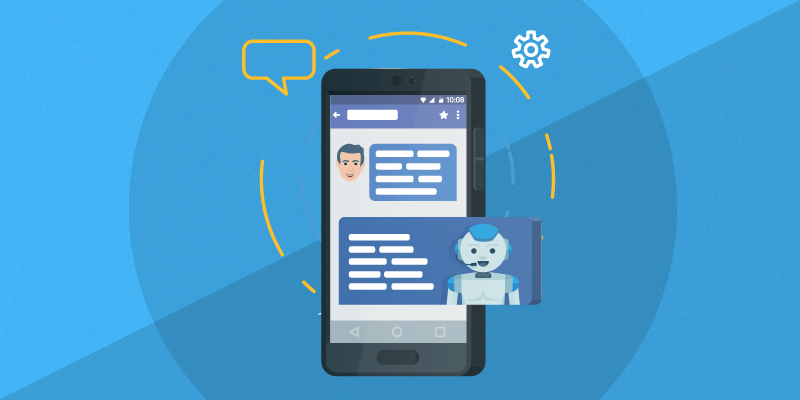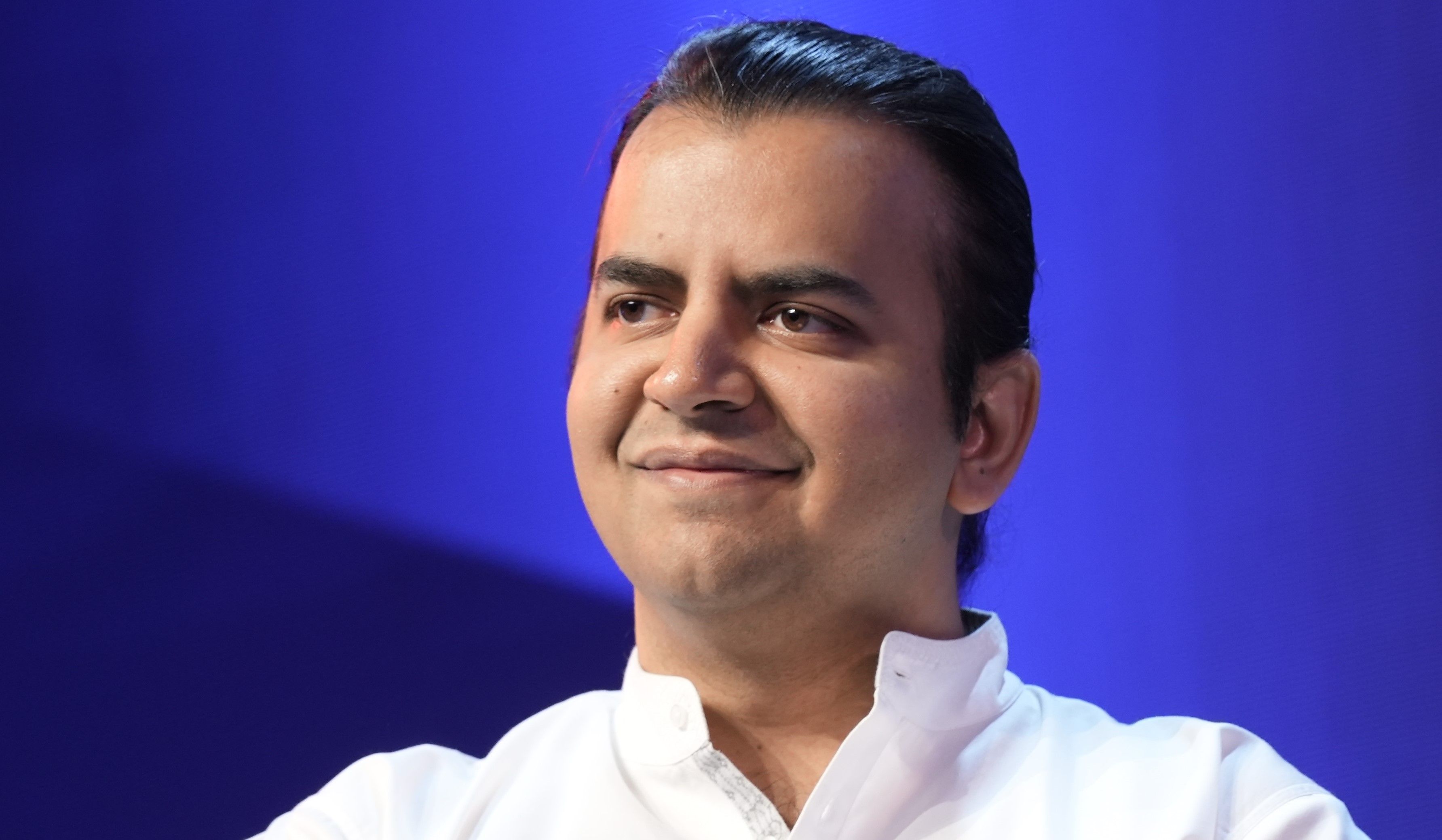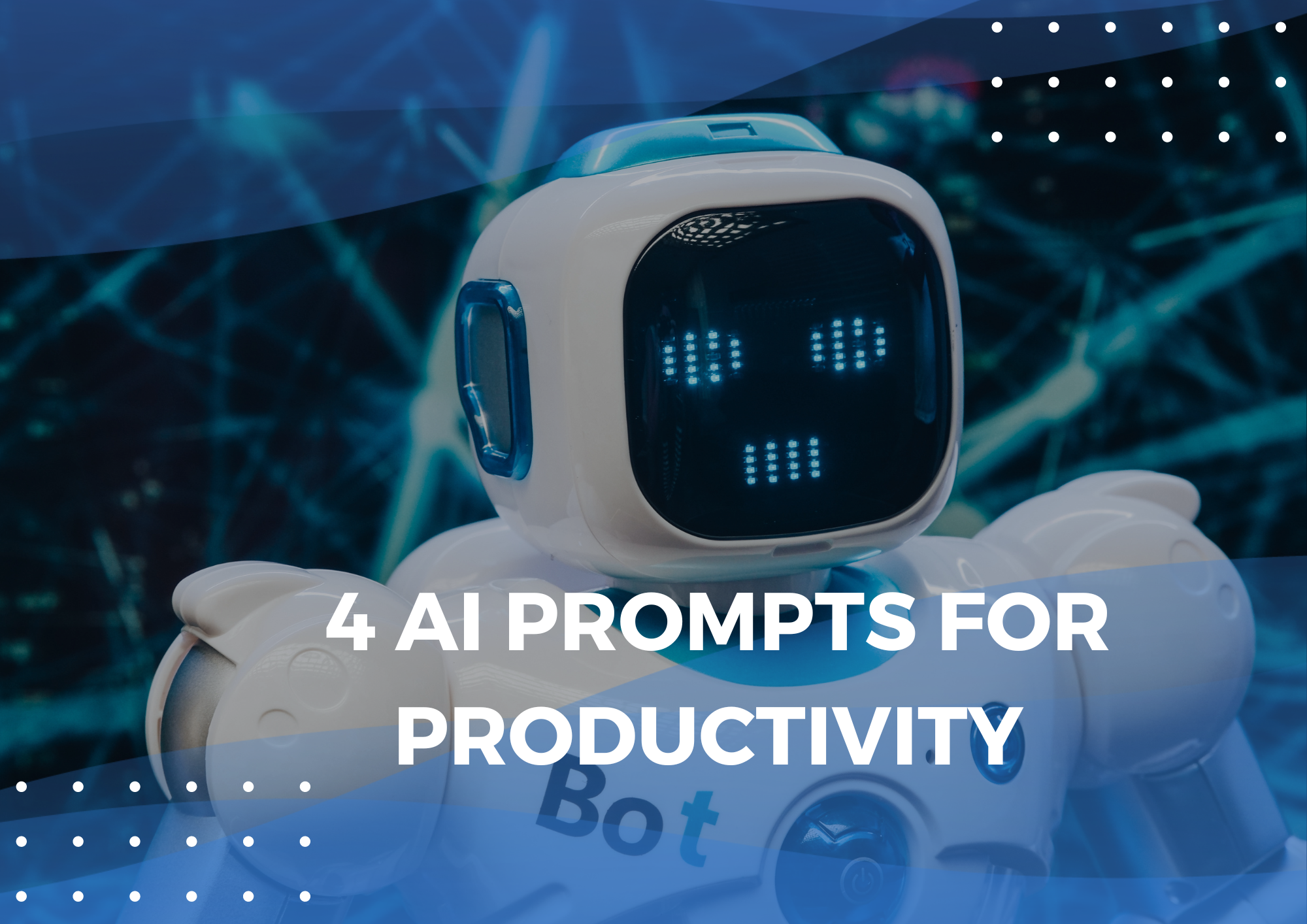How CEOs are growing dependent on chatbots for internal operations
Expectations are high from chatbots as Twitter hashtag inventor Chris Messina predicted that chatbots will soon become human to the point where you won’t be able to tell the difference.

Chatbots are stirring a revolution in the field of communications these days. A chatbot is a computer programme that uses internet to simulate conversations with human beings. It is an automated software that works on chat platforms like Skype or Facebook Messenger and interacts with humans with the help of a software. Chatbots use either text or voice to sequentially interact with a human, unlike an app or a website.
A chatbot example
Unlike humans, chatbots are accessible 24*7 and can outperform humans in terms of speed and accuracy. Businesses all over the world are keen to deliver their messages to the stakeholders and efficiently manage their engagement with the employees despite the various locations the employees are at.
Already, several companies are setting the bar higher in the field of customer engagement with their chatbots. For example, eBay started small by launching a Facebook Messenger tool that informed bidders about an auction 15 minutes before it started. Today, it offers ShopBot – a virtual personal shopping assistant that helps people buy items as per their preference.
Pizza Hut can deliver a pizza by taking orders through its Facebook and Twitter messenger chatbots. Fashion brands like Sephora, Burberry and H&M too have chatbots that serve as efficient shopping assistants.
eBay Shopbot Screen Grab
Pizza Hut chatbot screen grabs
Although chatbots have limited capabilities with current technology, they are still a preferred tool for CEOs of major organisations. Chris McGrath, Founder and CEO, Tangowork stresses on the fact that employees are inundated with email and intranet communication all day, most of which is not even opened. He adds that intranet bound communication faces the same fate, as the use of intranet is not critical to an employee’s daily jobs. As they visit them once in a blue moon, the message is missed already.
According to Chris, chatbots are the solution. As they work on messengers that employees are already using, they are consistently accessible to them and do not even require a separate login. Even employees who do not sit on laptops have messengers on their smartphones. Messages on chat platforms are easier to read and write and, most importantly, these messengers work on low data bandwidths. These benefits make Chris very optimistic about the future of chatbots for internal operations in an organisation.
Today, chatbots are working as personal assistants and streamlining business processes. For example, a chatbot can run a keyword search for an organisation’s digital marketing team. They could also answer the FAQs posed by employees to the HR teams. Chatbots can even take care of IT support desks at workplaces or give insights quickly to managers by flicking through the business reports.
Example of chatbots on Skype
Murray Newlands, Founder, Chattypeople - a company that makes chatbot builder tools, says that chatbots are empowering CEOs and entrepreneurs by increasing productivity and saving man hours. Chatbots powered by artificial intelligence are now communicating with humans in a more humane way.
They also help them connect with their employees better, as chatbots are directly available on messenger apps of the employees. Internal facing or enterprise chatbots are already performing a range of operational work for the organisation, such as analysing internal big data, scheduling tasks for the employees, acting as personal assistants to small business owners and, thereby, saving costs.
Sachin Jaiswal, CEO of Indian startup Niki.ai, believes that chatbots are the next big thing in the mobile world as they increase the pace of any interaction thereby making it more productive. Microsoft chief Satya Nadella is convinced that chatbots are the next apps.
Expectations are high from chatbots as Twitter hashtag inventor Chris Messina predicted that chatbots will soon become human to the point where you won’t be able to tell the difference. Oren Jacobs, CEO, Pullstring, says that today’s chatbots work in silos and depend on the information the user feeds them during conversation. However, the chatbots of tomorrow will work like digital marketing of today, constantly engaging more intuitively with you by linking all your history on the internet through a common identifier, like a phone number.
Artificial intelligence and other market forces will make chatbots more realistic and humane. The chatbots of tomorrow will be more aware of who you are and adapt accordingly. CEOs of major corporations are positive about all the possibilities that chatbots can explore. Most of them are already toying with them and investing in the future that looks bright.
(Disclaimer: The views and opinions expressed in this article are those of the author and do not necessarily reflect the views of YourStory.)











